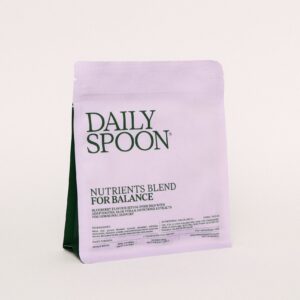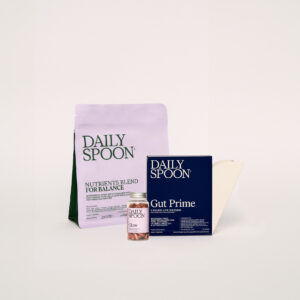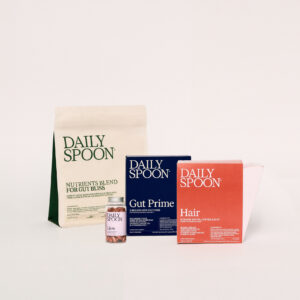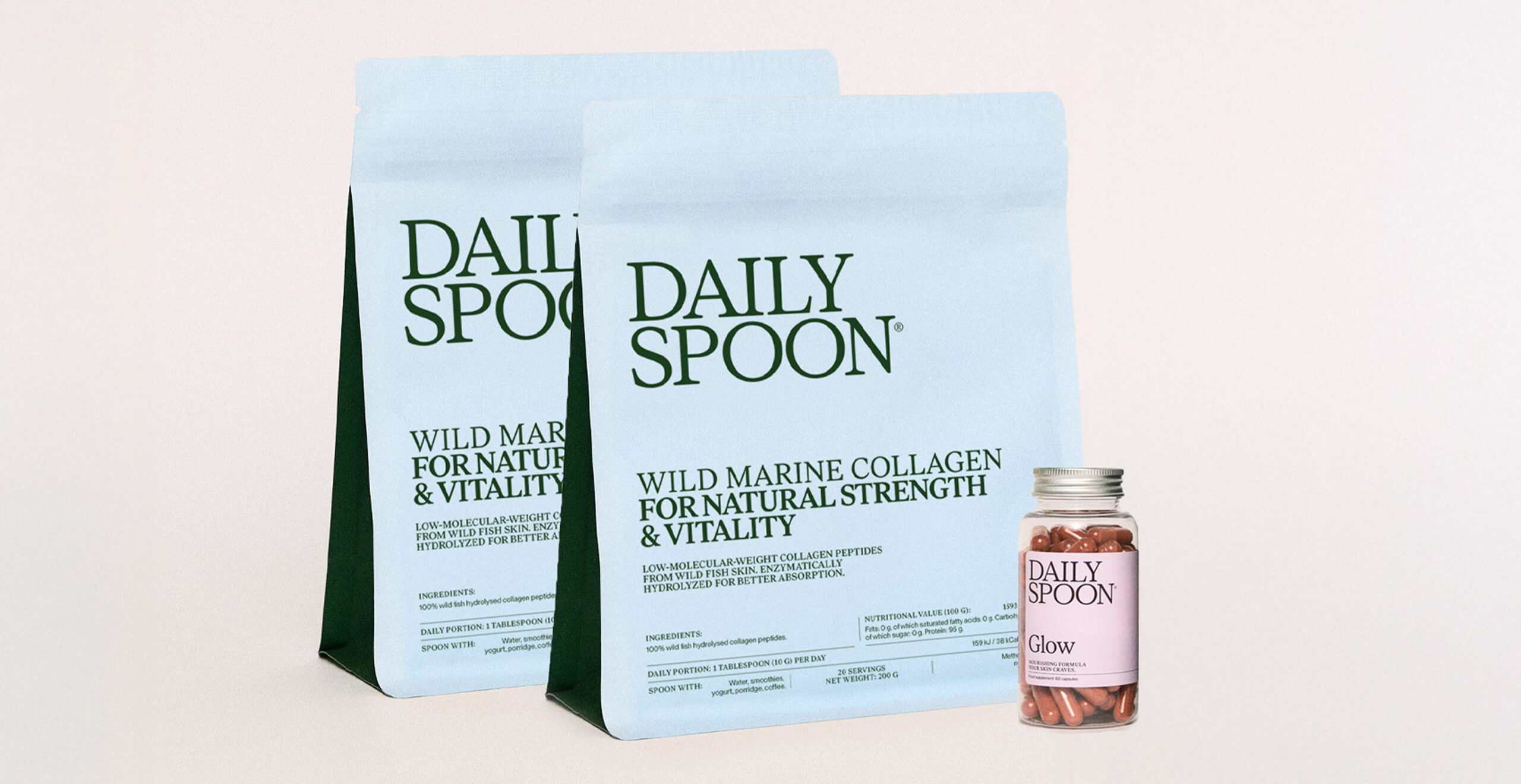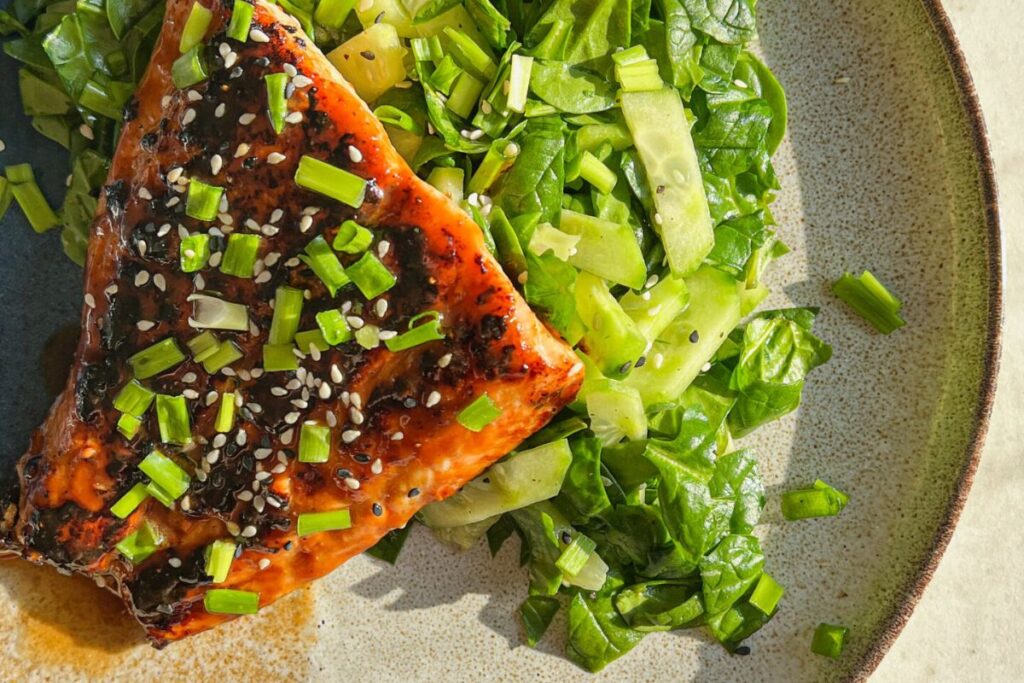Nowadays, we are surrounded by countless information sources offering various health and nutrition tips. Many online articles spread misleading information about nutrition, which often doesn’t reflect reality. Since it can be quite difficult to distinguish fact from fiction, this misinformation eventually gives rise to myths. As these myths spread by word of mouth, they become deeply rooted, and it may take a fair amount of research to uncover the truth. So this time, we’ll take a closer look at the most popular ones and try to debunk them.
MYTH: Eating late at night leads to weight gain.
FACT: What and how much you eat, as well as how physically active you are throughout the day, matters more than the time you eat. However, it’s best to limit high-calorie foods close to bedtime, as heavy meals can cause digestion and sleep disturbances. This may lead to unhealthy eating habits the next day—habits that even a morning smoothie won’t fix.
MYTH: Fats are harmful to you, and high-fat foods are unhealthy.
FACT: Although this outdated and incorrect theory is gradually being disproven, many people still fear fatty foods and follow low-fat diets, hoping that reducing fat intake will improve their overall health.
In reality, your body depends on fats because they provide energy, help absorb vitamins, support heart and brain health, and perform many other vital functions. Fats are essential for optimal health. Moreover, low-fat diets have been linked to a higher risk of health problems, including metabolic syndrome, and may increase insulin resistance and triglyceride levels—both known risk factors for heart disease. However, some fats are healthier than others.
Monounsaturated and polyunsaturated fats are healthy fats that can reduce the risk of heart disease and stroke. Monounsaturated fats are found in olive oil, avocados, and almonds, while polyunsaturated fats are present in flaxseeds, fatty fish, and tofu. Unhealthy fats include trans fats and saturated fats. Saturated fats are found in red meat and chicken skin and should be consumed in moderation. Trans fats, considered harmful to health, are found in chips, pastries, cookies, and other baked goods.
Helpful tip: Read ingredient labels on packages and check for hydrogenated or partially hydrogenated oils, as these are hidden sources of trans fats.
MYTH: To lose weight, you should reduce your carbohydrate intake.
FACT: Just as fats were once blamed for weight gain and heart disease, many people avoid carbohydrates fearing they will cause obesity, diabetes, and other negative health effects. Carbohydrates are an essential part of our diet. In fact, carbohydrates are the primary source of energy for your body. Moderate consumption of nutritious carbohydrates rich in fiber, vitamins, and minerals—such as starchy root vegetables, ancient grains, and legumes—can benefit your health rather than harm it.
However, there are different types of carbohydrates—simple and complex—that vary in their health impact. Simple carbohydrates are found in foods that are generally not nutritious, like chips, sodas, candies, and other sweets. Complex carbohydrates contain more nutrients and are found in healthier sources such as fruits, vegetables, whole grains, nuts, and beans. By reducing simple carbs and eating more complex carbohydrates, you can maintain a healthy weight, as they help you feel full longer and provide nutrients that support bodily functions.
MYTH: Gluten-free food is healthier.
FACT: If you don’t have celiac disease or gluten sensitivity, gluten-free food isn’t necessarily healthier. A gluten-free diet is not intended for weight loss but should help those with the mentioned conditions. Avoiding gluten can limit your intake of fiber, vitamins, and minerals.
MYTH: Salt is harmful to you.
FACT: Consuming too much sodium can raise blood pressure and harm your kidneys, but salt (sodium) is a mineral essential for many bodily functions. Sodium is an electrolyte that helps maintain water balance and is necessary for your muscles and nerves—including your heart and brain—to function. Like many things, excessive salt intake can be harmful, so it should be consumed in moderation.
MYTH: To be healthy, you need dietary supplements.
FACT: Most people should get all the necessary vitamins, minerals, and nutrients from a balanced and healthy diet. Instead of relying on supplements, you should consume a variety of nutrient-rich foods such as vegetables, fruits, whole grains, and healthy proteins. Supplements should only be taken if recommended by a doctor to address a specific deficiency that cannot be corrected through diet alone.
MYTH: White potatoes are unhealthy.
FACT: Nutrition experts often label white potatoes as “unhealthy,” leading many people trying to lose weight or improve overall health to limit their intake. However, eating any food in excess—including white potatoes—can contribute to weight gain. That said, these starchy tubers are very nutritious and can be part of a healthy diet. White potatoes are an excellent source of many nutrients, including potassium, vitamin C, and fiber. Additionally, they are more filling than other carbohydrate sources like rice and pasta, helping you feel full longer after meals.
MYTH: A very low-calorie diet is the best way to lose weight.
FACT: While reducing calorie intake can indeed lead to weight loss, consuming too few calories can cause metabolic adaptation and have long-term health consequences. Although following a very low-calorie diet may result in rapid weight loss in the short term, long-term adherence often leads to a slower metabolism, increased hunger, and changes in satiety hormones, making it difficult to maintain steady, long-term weight loss.
MYTH: To be healthy, you have to be thin.
FACT: While obesity is linked to many health issues, including type 2 diabetes, heart disease, depression, certain cancers, and even premature death, being thin does not guarantee good health. In fact, true health comes from genuinely taking care of yourself. The most important thing to remember is that exercise combined with a nutritious and balanced diet is the key to strengthening your body and improving your overall well-being.





